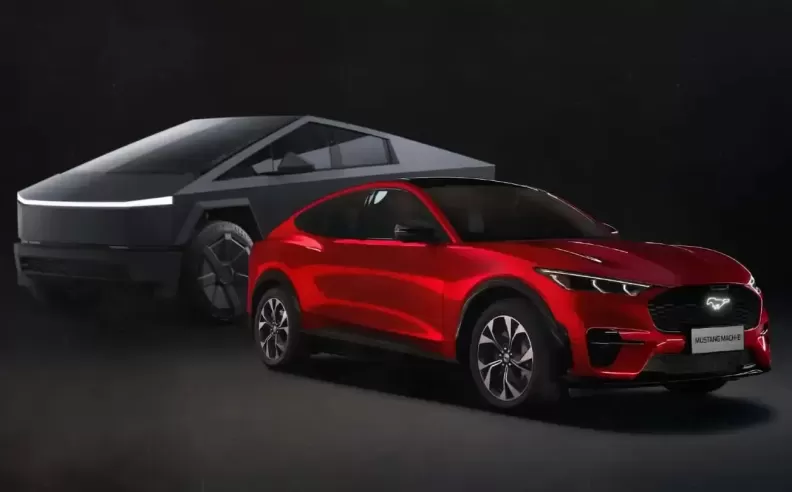
The electric vehicle (EV) market has hit a significant slowdown in 2024, marking a decline compared to the previous year. Automakers like Tesla and Hyundai have adapted well, but overall, the EV trend has softened as companies reassess their ambitious plans. Despite this, a few standout models still captured consumer interest. Tesla, for instance, maintained its dominance with the Model Y and Model 3 securing the top two positions in U.S. EV sales. Cox Automotive’s sales estimates highlight a market shift, with new challenges and opportunities reshaping the industry.
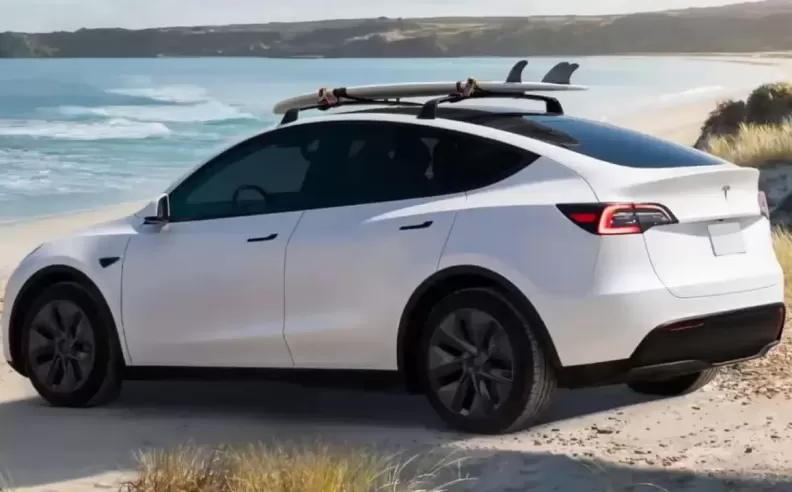
The Tesla Model Y retained its crown as the best-selling EV of 2024, boasting an estimated 372,613 units sold. Even with a 6.6% drop in sales, the Model Y outperformed its closest rivals, thanks to features like enhanced range and performance from its Juniper upgrade. Meanwhile, the Model 3 secured second place with 189,903 units, benefiting from its 2023 refresh that introduced design upgrades and extended battery life. While competitors emerge, Tesla’s consistent updates and broad appeal have ensured its continued dominance.
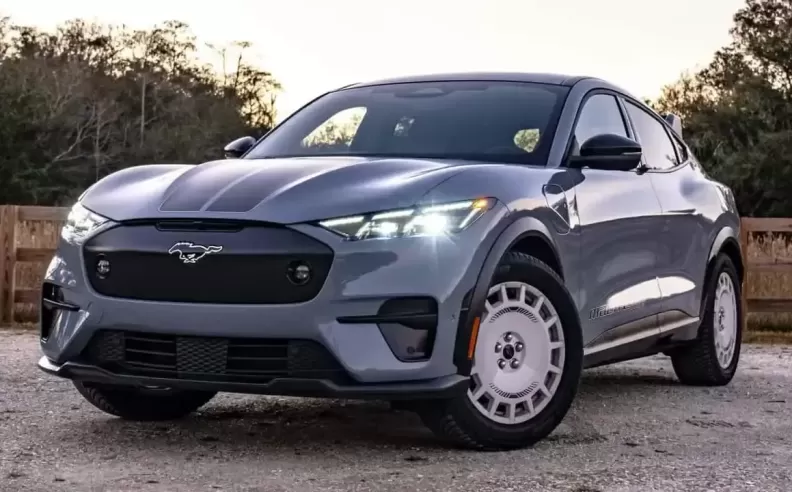
The Hyundai Ioniq 5 and Ford Mustang Mach-E made significant gains in 2024, with year-over-year sales growth of 31% and 26.9%, respectively. Hyundai’s Ioniq 5 impressed buyers with its sleek design, versatile battery configurations, and the high-performance Ioniq 5 N variant. Similarly, Ford enhanced the Mustang Mach-E with increased torque, improved range, and a faster acceleration time of 3.3 seconds for the GT trim. These improvements, paired with competitive pricing, positioned both models as strong contenders in the slowing EV market.
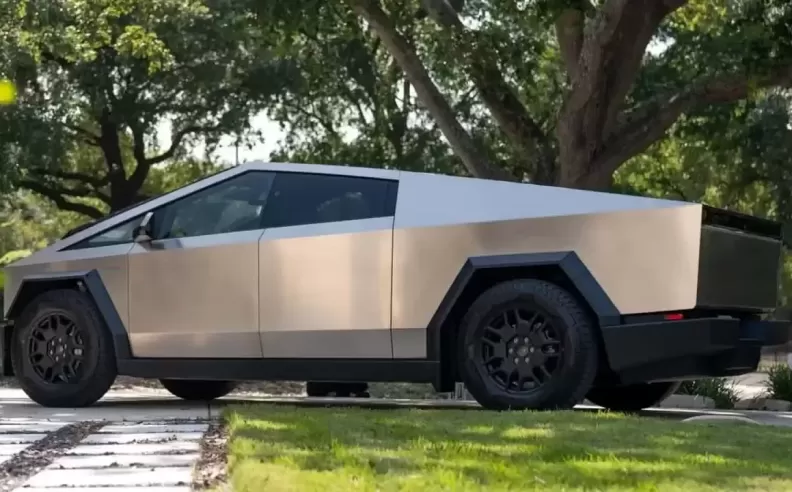
Tesla's highly anticipated Cybertruck made its market debut in late 2023, selling an estimated 38,965 units in 2024. While the futuristic pickup initially generated immense excitement, its sales slowed toward the end of the year as interest waned. Nevertheless, it outperformed its closest rival, the Ford F-150 Lightning, showcasing Tesla’s ability to capture attention in the competitive truck segment. Despite mixed reception to its bold design, the Cybertruck demonstrated Tesla’s ability to diversify its lineup successfully.
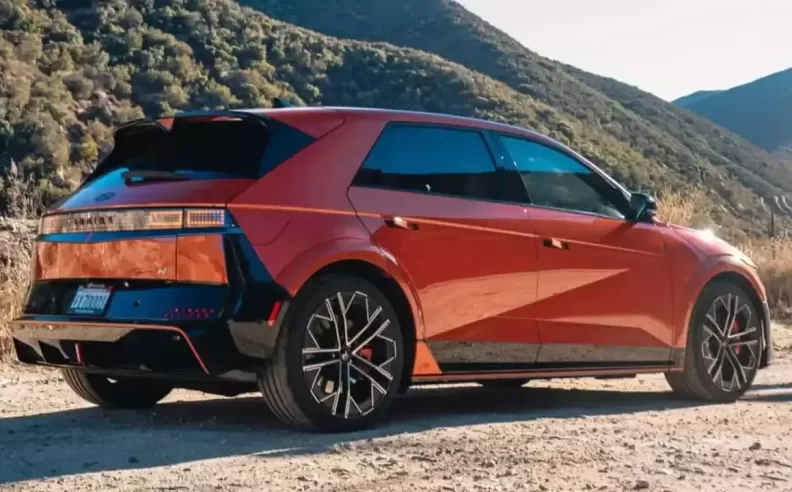
Hyundai's Ioniq 5 continued to gain traction with 44,400 units sold, marking a 31% increase from the previous year. Its stylish design, multiple battery options, and exciting variants like the Drift King Edition and Ioniq 5 N drew the attention of diverse buyers. Meanwhile, Ford’s Mustang Mach-E saw a sales boost of 26.9%, with 51,745 units sold. Enhanced torque, faster acceleration, and improved range helped Ford solidify its position as a strong alternative in the EV market. These advancements illustrate how innovation can reinvigorate consumer interest, even in a cooling EV landscape.

Started my career in Automotive Journalism in 2015. Even though I'm a pharmacist, hanging around cars all the time has created a passion for the automotive industry since day 1.